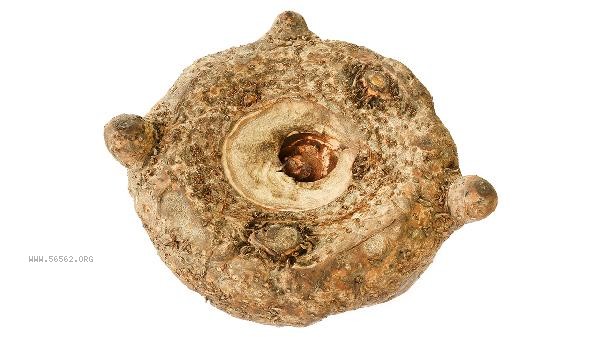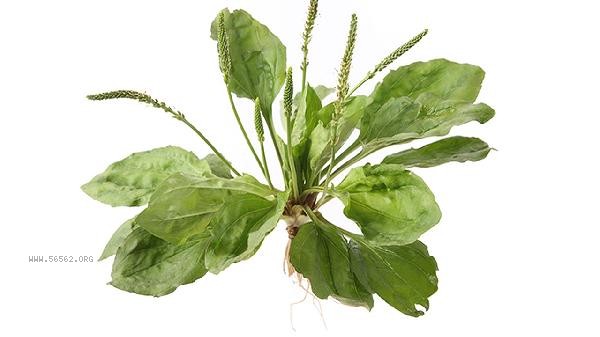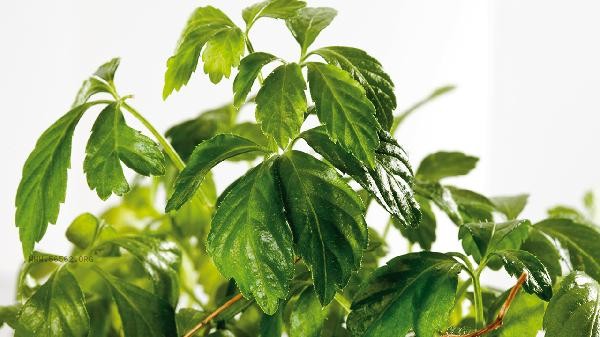The plant used to make mustard is usually called mustard, and its seeds are the main ingredient for mustard sauce. Mustard belongs to the cruciferous family of plants, mainly including three common varieties: yellow mustard, brown mustard, and black mustard. The seeds of different varieties can be ground and mixed with liquid to make mustard sauce with different flavors.

1. Yellow mustard: The seeds of yellow mustard are light yellow in color, with a mild spiciness and a slight sweetness. It is commonly used to make American yellow mustard sauce. Its seeds contain less glucosinolates and have lower irritability, making it suitable for making household seasonings. Yellow mustard is widely planted in North China, with small seed particles but high oil yield.
2. Brown mustard: The seeds of brown mustard are dark brown in color, with a strong spicy flavor and a nutty aroma. It is the main ingredient used to make Dijon mustard. Its content of glucosinolates is relatively high, and the isothiocyanates produced during grinding have volatile irritants. This variety is widely cultivated in Europe, and the seed coat is thick and requires fine grinding.

III. Black Mustard: Black mustard seeds are nearly black in color, with the highest spiciness and bitterness, and are often used to make Asian style mustard. The allyl isothiocyanate contained in seeds has strong penetrability and is often mixed with mustard greens for use. India and Bangladesh are the main production areas, and traditional Chinese medicine believes that it has the effect of warming the middle and dispelling cold. Mustard seeds need to go through soaking, grinding, fermentation and other processes to make mustard sauce, during which spicy substances are gradually released. Freshly ground mustard sauce has the strongest spicy flavor, and commercially available products often add vinegar or alcohol to delay the decay of the spiciness. Mustard seedlings can also be consumed as vegetables, rich in vitamin K and antioxidants, but seed products should be carefully controlled in intake to avoid stimulating the gastrointestinal mucosa.










Comments (0)
Leave a Comment
No comments yet
Be the first to share your thoughts!